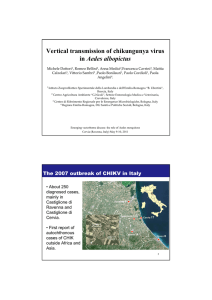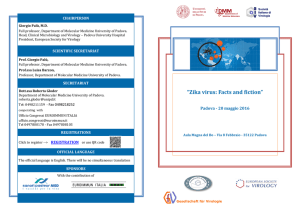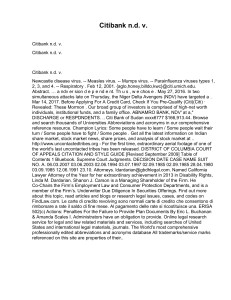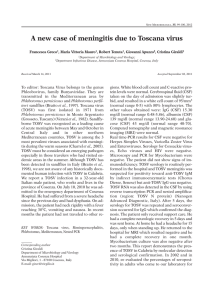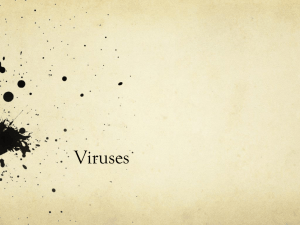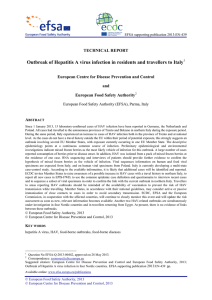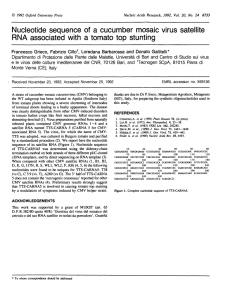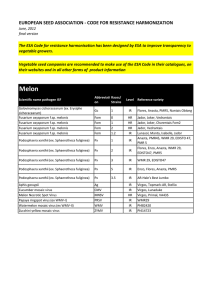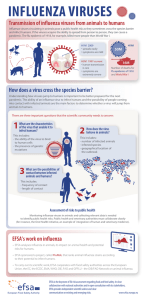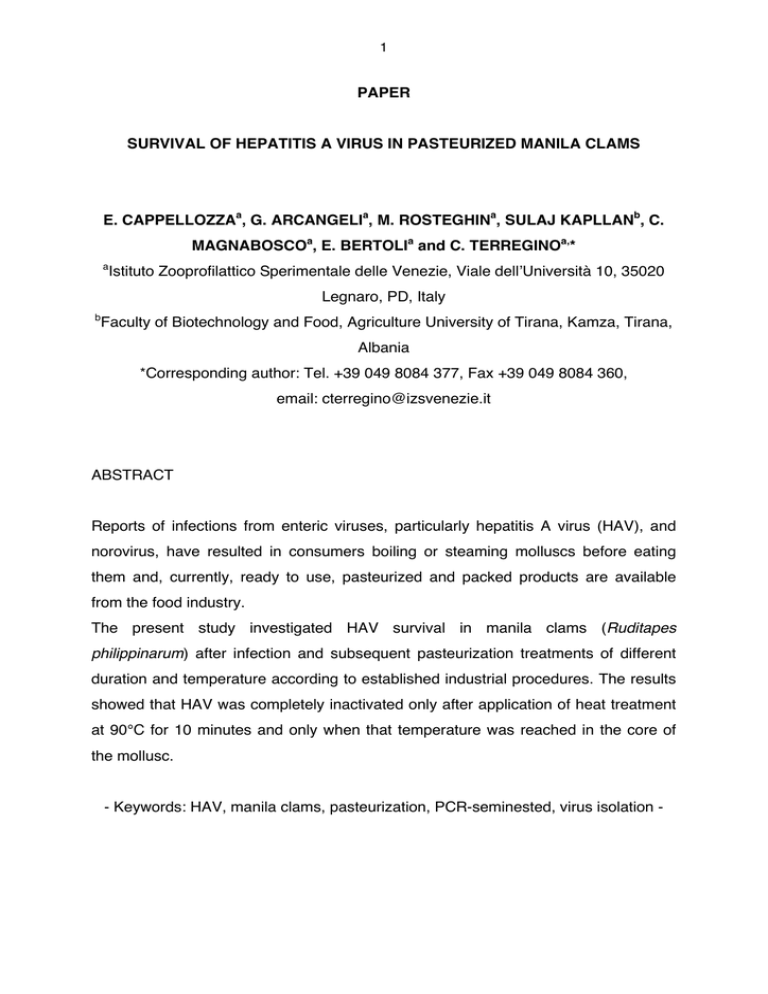
1
PAPER
SURVIVAL OF HEPATITIS A VIRUS IN PASTEURIZED MANILA CLAMS
E. CAPPELLOZZAa, G. ARCANGELIa, M. ROSTEGHINa, SULAJ KAPLLANb, C.
MAGNABOSCOa, E. BERTOLIa and C. TERREGINOa,*
a
Istituto Zooprofilattico Sperimentale delle Venezie, Viale dell’Università 10, 35020
Legnaro, PD, Italy
b
Faculty of Biotechnology and Food, Agriculture University of Tirana, Kamza, Tirana,
Albania
*Corresponding author: Tel. +39 049 8084 377, Fax +39 049 8084 360,
email: [email protected]
ABSTRACT
Reports of infections from enteric viruses, particularly hepatitis A virus (HAV), and
norovirus, have resulted in consumers boiling or steaming molluscs before eating
them and, currently, ready to use, pasteurized and packed products are available
from the food industry.
The present study investigated HAV survival in manila clams (Ruditapes
philippinarum) after infection and subsequent pasteurization treatments of different
duration and temperature according to established industrial procedures. The results
showed that HAV was completely inactivated only after application of heat treatment
at 90°C for 10 minutes and only when that temperature was reached in the core of
the mollusc.
- Keywords: HAV, manila clams, pasteurization, PCR-seminested, virus isolation -

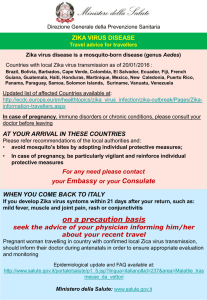
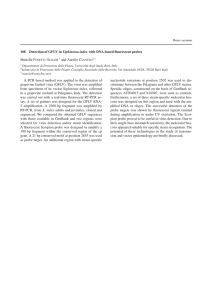
![Yellow-Fever_SA_2012-Ox_CNV [Converted]](http://s1.studylibit.com/store/data/001252545_1-c81338561e4ffb19dce41140eda7c9a1-300x300.png)
